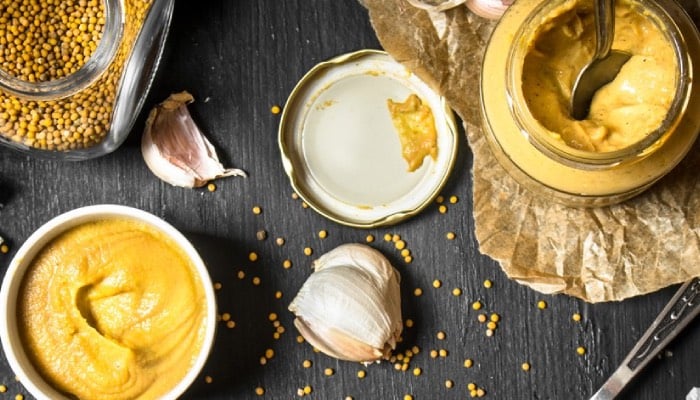
Do you or someone you know have a peanut allergy? It may come as a surprise that mustard could be dangerous for them.
The Food Standards Agency (FSA) has alerted people with peanut allergies to avoid foods containing mustard due to the possibility of peanut contamination.
Mustard powder or flour is commonly used in products like dips, sauces, salads, and pre-packaged sandwiches.
To stay safe, those with peanut allergies should carefully check food labels for mustard and ask about its presence when ordering from restaurants and takeaways.
The contaminated mustard was traced back to GT Agro Industries in India, and FGS Ingredients has supplied it to UK food manufacturers.
Because peanut allergies can lead to severe reactions, the FSA is taking precautionary measures to ensure public safety.
Peanut allergies, which affect roughly one in 50 children, can be life-threatening.
Symptoms:
Triggered by peanut proteins, symptoms can range from mild to severe, including dizziness, itching, swelling of the lips, face, or eyes, coughing, trouble breathing, nausea, vomiting, stomach pain, and diarrhea.












